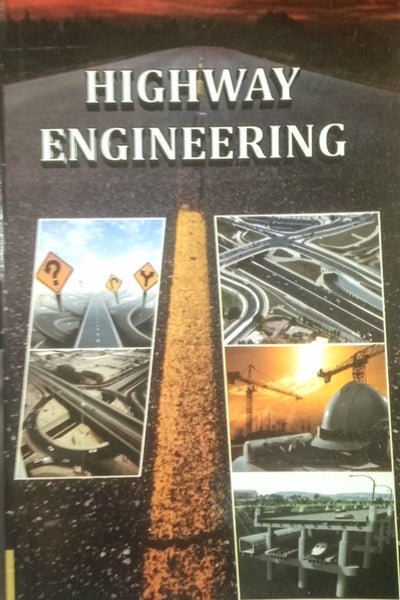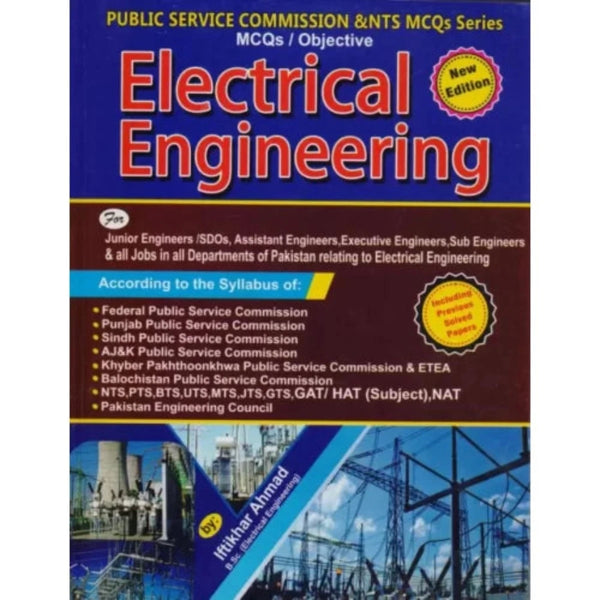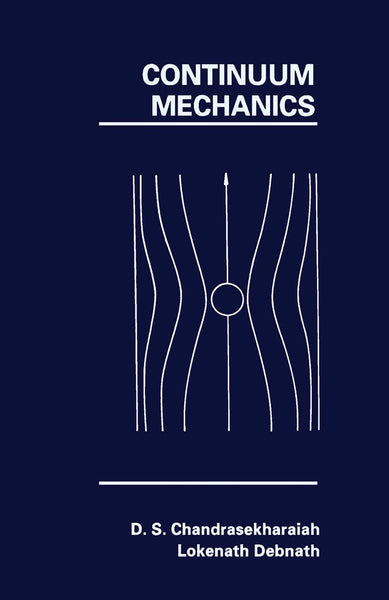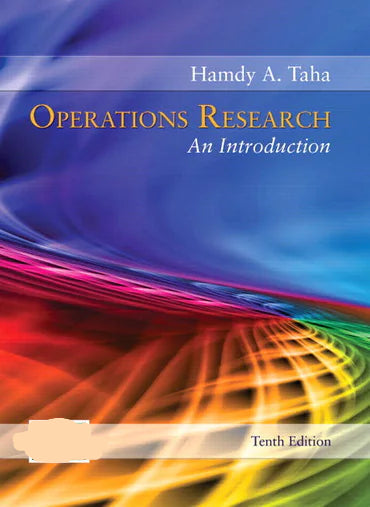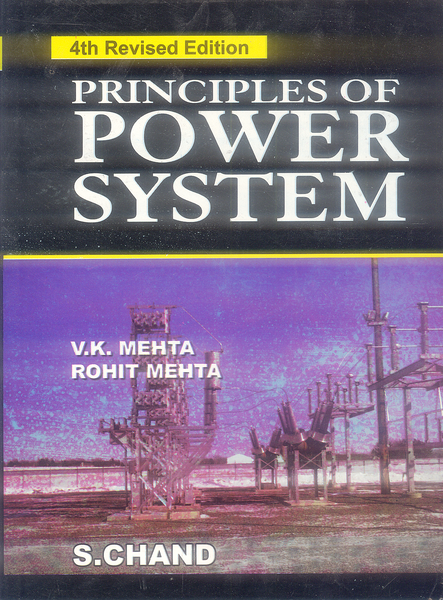Characteristics And Control Of Low Temperature Combustion Engines By Rakesh Kummar
- Publisher: ENGINEERING
- Availability: In Stock
- SKU: 52642
- Number of Pages: 557
Rs.1,120.00
Rs.1,495.00
Tags: advanced propulsion , affordable prices , alternative fuels , automotive industry , best books , best books online , Best Price , best prices , Best Selling Books , best shop , Book Shop , Book shopping , bookshop , bookshop Multan , bookshop near me , bookshop online , bookshop online Multan , bookshopPakistan , buy online books , combustion chamber design , combustion stability , combustion system design , control challenges , control strategies , Convenient Shopping , diesel particulate filters , digital shopping , emission reduction , emissions , engine management systems , exhaust aftertreatment systems , fuel injection , fuel properties , future prospects , good books , good booksonline , heat release rates , Internet Shop , low temperature combustion engines , model predictive control , one stop shop , Online Book Shop , ONLINE BOOKS , Online Books Shop , online books store , Online Bookshop , Online Bookshop Pakistan , online bookstore , online shop , online shopping , Online Shopping Pakistan , OnlineShoppingPakistan , Pakistan Bookshop , PakistanBookshop , PakistanOnlineShopping , performance , price cut , price-friendly Comprehensive , ReasonablePrice , reduced price , regulations , secure shopping , selective catalytic reduction , Shopping , ShopSmartPakistan , sustainable transportation , transformative technologies , transportation sector , Virtual Shop
Rakesh Kummar Maurya delves into the realm of low temperature combustion engines, elucidating their defining characteristics and methods for effective control. In this exploration, Maurya navigates through the intricate mechanisms underlying these engines, offering insights into their potential applications and the pivotal role they play in modern propulsion systems.
Key Points:
1. Advantages of Low Temperature Combustion Engines Low temperature combustion engines boast enhanced fuel efficiency and reduced emissions compared to conventional combustion engines, making them environmentally friendly alternatives in the transportation sector.
2. Challenges in Implementing Low Temperature Combustion Despite their numerous benefits, low temperature combustion engines face challenges related to combustion stability, control of heat release rates, and the need for advanced engine management systems.
3. Control Strategies for Low Temperature Combustion Engines Various control strategies such as exhaust gas recirculation (EGR), fuel injection timing, and intake air temperature control are employed to optimize combustion efficiency and minimize emissions in low temperature combustion engines.
4. Importance of Injection System Design The design and optimization of fuel injection systems are crucial for achieving precise fuel delivery and atomization, facilitating optimal combustion conditions in low temperature combustion engines.
5. Impact of Fuel Properties The properties of the fuel utilized significantly influence the performance and emissions of low temperature combustion engines, necessitating careful selection and characterization of fuels compatible with these advanced propulsion systems.
6. Role of Combustion Chamber Design The design of the combustion chamber plays a pivotal role in shaping combustion characteristics and controlling heat release rates in low temperature combustion engines, highlighting the importance of innovative design approaches.
7. Utilization of Advanced Combustion Control Algorithms Advanced control algorithms, including model predictive control (MPC) and neural network-based approaches, are increasingly utilized to optimize combustion processes and enhance the performance of low temperature combustion engines.
8. Integration of Exhaust Aftertreatment Systems Effective integration of exhaust aftertreatment systems such as selective catalytic reduction (SCR) and diesel particulate filters (DPF) is essential for meeting stringent emission regulations and ensuring compliance in low temperature combustion engines.
9. Potential Applications in Automotive Industry Low temperature combustion engines hold promise for widespread adoption in the automotive industry, offering a pathway towards sustainable transportation solutions with improved efficiency and reduced environmental impact.
10. Future Research Directions Future research efforts in the field of low temperature combustion engines should focus on addressing remaining challenges, optimizing control strategies, exploring alternative fuels, and advancing combustion system design to further enhance performance and viability in real-world applications.
In conclusion, Rakesh Kummar Maurya's comprehensive study sheds light on the characteristics and control strategies of low temperature combustion engines, underscoring their potential as transformative technologies in the realm of sustainable transportation.
════ ⋆★⋆ ════
Writer ✤ Rakesh Kummar Maurya




